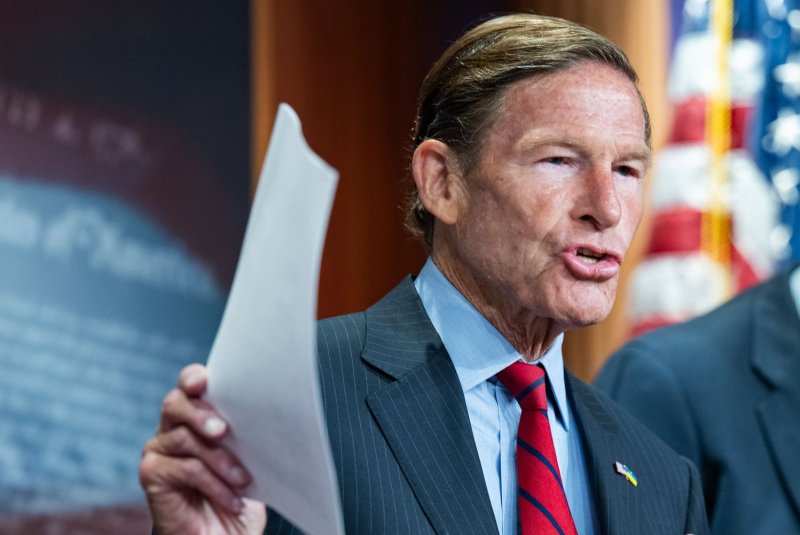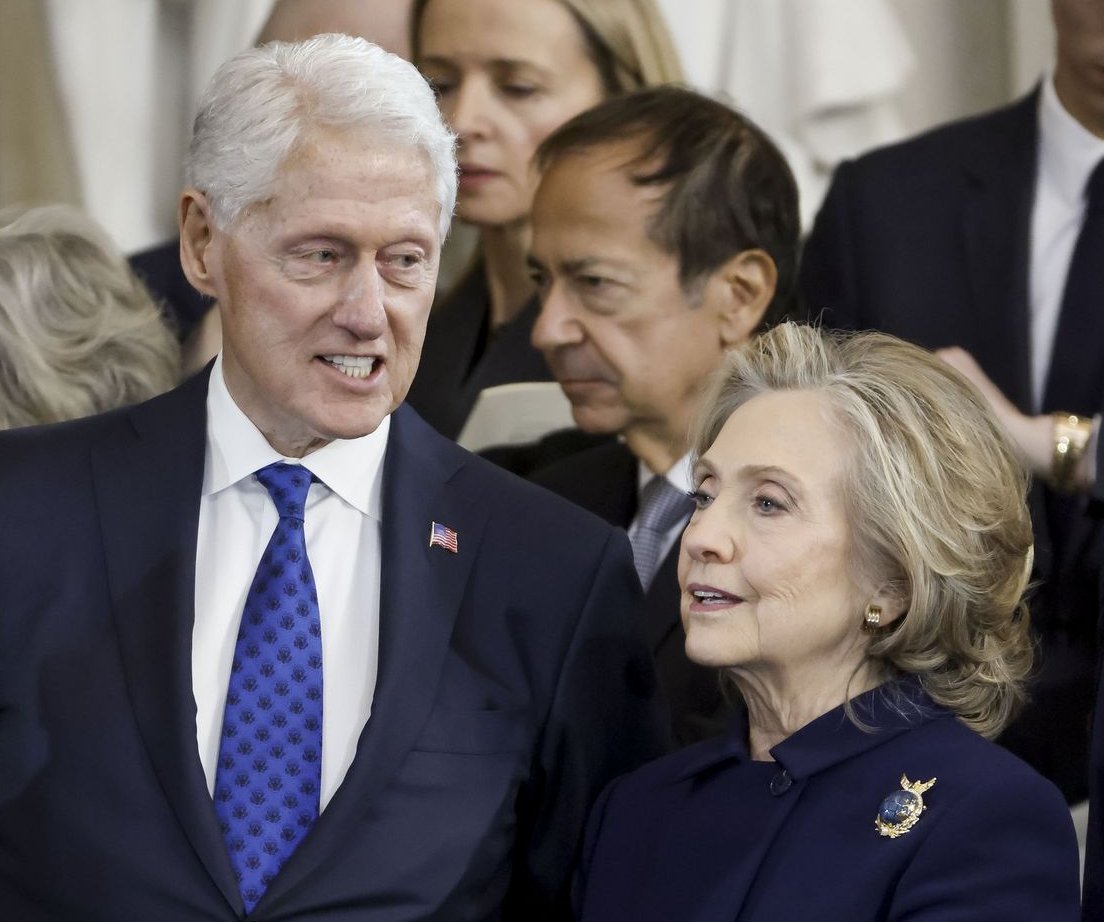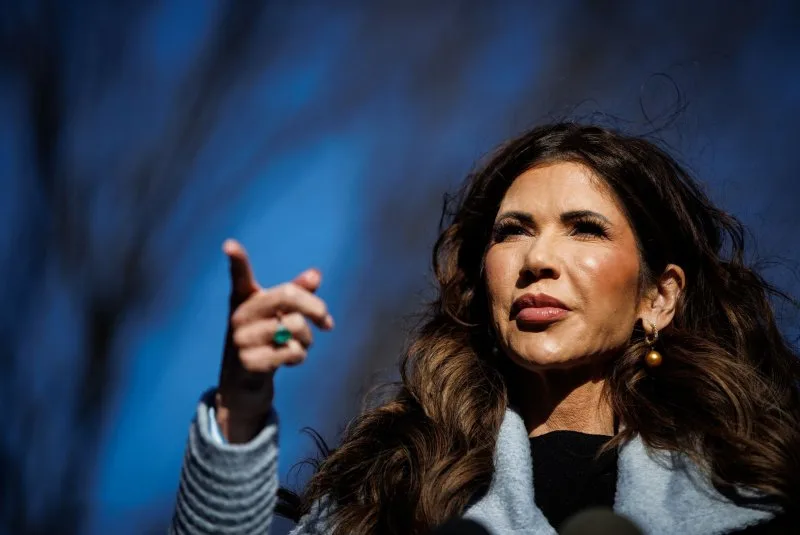A California labor law classifying Uber Technologies Inc. and Lyft Inc. drivers as independent contractors instead of employees reaches its final legal hurdle on Tuesday when the state Supreme Court hears arguments on the constitutionality of the voter-approved statute.
The gig economy’s fate hangs in the balance: On one end is the business model behind Uber, Lyft, and DoorDash Inc., which poured more than $200 million into their campaign to keep drivers classified as independent contractors.
On the other is the ability of over a million gig workers in California to receive employee benefits such as overtime pay and sick leave from the rideshare companies if the law, known as Proposition 22, is overturned by the state’s high court.
But the challenge to Prop. 22—which California voters overwhelmingly approved in 2020 following the most expensive ballot initiative campaign in US history—isn’t just about worker classification. Castellanos v. State of California asks the justices to determine the constitutional bounds of California’s uniquely powerful ballot initiative process.
Derived from a state constitutional amendment passed in 1911, the process gives voters some of the most powerful authority in the nation to pass new laws and amend existing ones without support from the legislature or governor. Critics say the method advantages big business, special interest groups, and wealthy activists who can afford to fund expensive, and extensive, campaigns.
In Castellanos, along with another pending state Supreme Court case concerning an anti-tax ballot measure, the panel’s seven justices could make sweeping changes to California’s century-old voter right. The justices on May 8 heard arguments in Legislature of the State of California v. Weber over the constitutionality of a measure that would require voters to approve most new state or local taxes.
“The usual rule is that you can do almost anything with the initiative,” said David A. Carrillo, executive director of UC Berkeley Law School’s California Constitution Center. “These two cases, individually or together, could really sharpen the definition of ‘almost.’”
Cost of Business
Prop. 22 was the rideshare app industry’s response to a 2019 law passed by the state legislature, codifying a legal test for classifying wage-earning workers as employees, entitling them to minimum wage, sick leave, and unemployment insurance.
The ballot initiative carved out from that measure gig workers—meaning most app-based rideshare and delivery drivers—allowing companies such as Uber and Lyft to keep their overhead costs low.
The companies and some rideshare drivers argue Prop. 22 gives workers greater flexibility while also more benefits than usually afforded to independent contractors, such as accident insurance and health-care subsidies.
Other drivers and unions argue that the law improperly shifts the cost of doing business onto gig workers and denies them other protections to which they should be entitled.
“All of the risk is put on the shoulders or the backs of the workers,” said Leonard Sansanowicz, a Woodland Hills, Calif., attorney who represents employees. “And the only tangible benefit the companies offer is, ‘You can make your own schedule. You are your own boss. You have entrepreneurial spirit.’ But it’s not really the case, because these folks are using rideshare apps, and they have requirements by the company.”
Labor advocates also say the Prop. 22 strategy could be used to erode worker protections elsewhere. “Other industries could get a ballot initiative saying that custodial workers are working on their own and value flexibility and should be considered independent contractors,” said Daniel Ocampo, staff attorney at the National Employment Law Project.
Scope of the Initiative
Voter initiatives have long shaped the state’s labor laws and how they’re litigated, said Kristin Halsing, an employer-side attorney with Faegre Drinker Biddle & Reath LLP.
For example, a 2004 voter initiative limited who can sue entities for breaking California’s Unfair Competition Law. And an initiative to repeal the Private Attorneys General Act—a unique California labor law that lets workers sue employers as deputies of the state—is on the November 2024 ballot.
But the specific legal dispute over Prop. 22 has much more to do with a century-old state constitutional provision than with the intricacies of labor policy.
Drivers and the Service Employees International Union sued to block the law in 2021, arguing that Prop. 22 interferes with a 1918 constitutional amendment that gives the legislature “unlimited” power to oversee a workers’ compensation system.
A trial court found Prop. 22 unconstitutional, but a state appeals court last year largely overturned the ruling, finding that voter initiatives dealing with workers’ compensation don’t violate the constitution.
Direct Democracy
Carrillo, of UC Berkeley, argued in an amicus brief before the state Supreme Court that Prop. 22 is valid because voters and the legislature share policymaking power. The constitutional amendment in dispute sought to prevent courts—not the voters—from rolling back workers’ compensation laws, he argued.
John Matsusaka, executive director of the Initiative and Referendum Institute at the University of Southern California, said a ruling overturning Prop. 22 could have broader consequences for California’s direct democracy.
“You could make these kinds of arguments and judges could come in and strike down anything,” he said. “It would be open season.”
But opponents of Prop. 22 say the constitutional amendment is clear that the legislature’s power over workers’ compensation is “unlimited by any provision of this Constitution,” which includes the ballot initiative.
Prop. 22 “took away what would be the legislature’s right,” said Lorena Gonzalez of the California Labor Federation and a former state assembly member. The rideshare companies could have brought a ballot initiative to change the constitution, but they didn’t, she said.
California’s Supreme Court—with some exceptions—tends to interpret state law in worker-friendly ways. The fact that the case concerns both labor and California’s voter initiative system adds a “wrinkle” to the calculus and makes a ruling harder to predict, Halsing said.
“It really goes to the heart of: What is the balance of power in California?” Halsing said. “We have these checks and balances—is there a limit on the initiative process, and what is that limit?”
Olson Remcho LLP and Altshuler Berzon LLP represent Castellanos. O’Melveny & Myers LLP and Nielsen Merksamer Parrinello Gross & Leoni LLP represent Protect App-Based Drivers and Services.
The case is Castellanos v. State of California, Cal., No. S279622, oral arguments scheduled 5/21/24.




